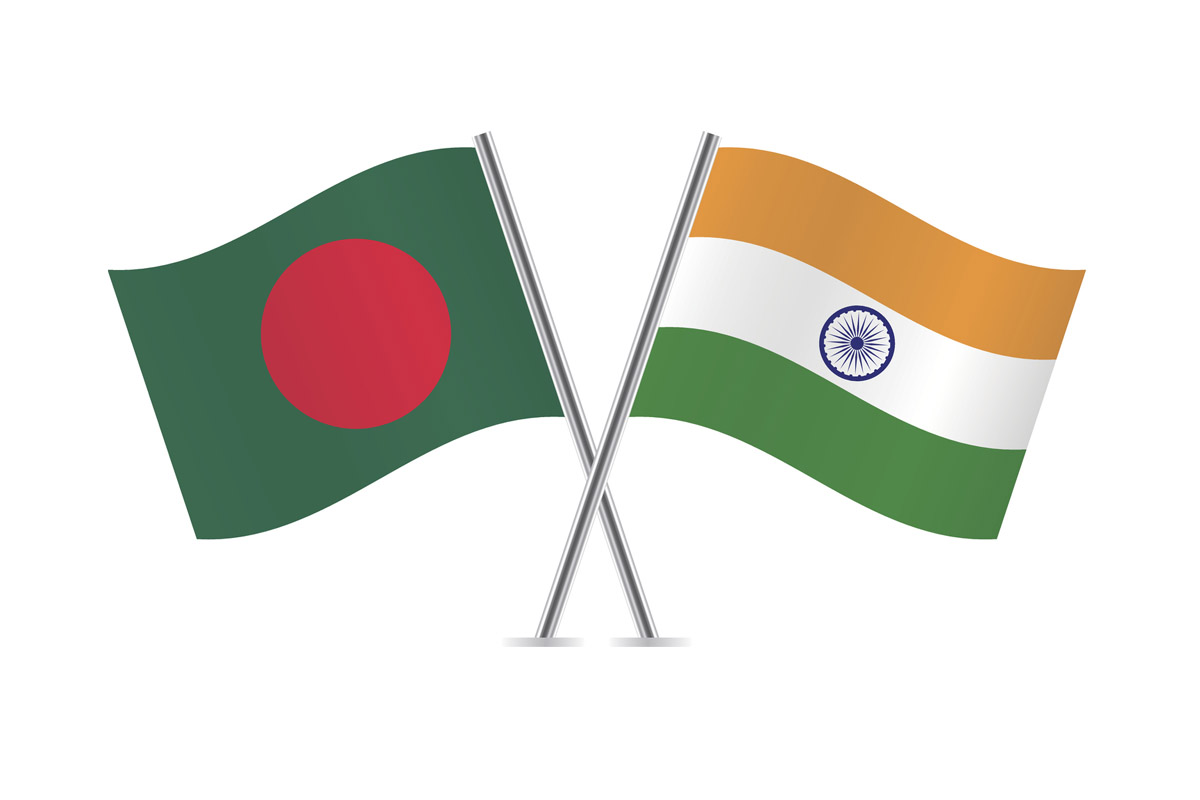Recent reports suggesting that India, unable to cope with the rapid changes in Bangladesh, is considering destabilizing the country are deeply troubling. According to intelligence leaks from India’s Research and Analysis Wing (RA&W), there is a plan to create a situation akin to Kashmir in Bangladesh’s eastern regions. This alarming revelation highlights a potential threat to the stability and peace of Bangladesh, and more broadly, to the entire South Asian region.
Bangladesh, a nation with a proud history of resilience and unity, has recently undergone significant political and social changes. These changes reflect the will of the Bangladeshi people, who have demonstrated their commitment to sovereignty and independence. However, it appears that certain elements within India, possibly driven by their strategic interests and discomfort with the new dynamics in Bangladesh, are harboring the ousted autocrat Sheikh Hasina and facilitating her anti-Bangladeshi activities on Indian soil.
Compounding this issue is the role of Sajeeb Wazed Joy, the son of the ousted dictator Sheikh Hasina, who has been actively disseminating misinformation about Bangladesh from the safety of his residence in the United States. As a U.S. citizen, Joy has enjoyed the wealth accumulated by his mother during her time in power, a time marked by allegations of corruption and the plundering of Bangladesh’s resources. Now, unable to cope with the changes in Bangladesh, he is branding the Bangladeshi people as a mob and attempting to incite violence in the country. Such actions are not only deeply irresponsible but also a blatant attempt to destabilize the very nation he claims to care about.
These actions are a gross violation of international norms and an affront to the principles of good neighborliness. India, as a regional power, has a responsibility to ensure that its actions do not jeopardize the peace and stability of neighboring countries. The alleged plans to destabilize Bangladesh by fostering unrest or creating a ‘Kashmir-like’ situation in the east would not only strain bilateral relations but could also ignite widespread unrest in Bangladesh, leading to severe consequences for regional peace.
The youth of Bangladesh, who are deeply patriotic and committed to the sovereignty of their nation, will not stand idle in the face of such provocations. Any attempt to destabilize Bangladesh will undoubtedly be met with fierce resistance from its people, particularly the younger generation, who have historically played a crucial role in defending the nation’s integrity. This could lead to widespread unrest, not only in Bangladesh but across the region, potentially destabilizing South Asia as a whole.
In light of these concerns, it is imperative that India reconsider any such plans and instead focus on fostering a relationship based on mutual respect and cooperation. The Indian media also bears a significant responsibility in this context. Recent reports and narratives circulating in Indian outlets regarding the persecution of minorities in Bangladesh are not only false but dangerously misleading. Such misinformation fuels tensions and undermines the efforts to maintain peace and stability in the region.
The media, as the fourth pillar of democracy, must act responsibly. It should refrain from spreading unverified and inflammatory reports that could further destabilize the region. Instead, it should promote dialogue and understanding between the two nations, highlighting the shared history, culture, and values that bind Bangladesh and India together.
As we move forward, it is crucial for all parties involved to prioritize peace and stability. Bangladesh and India have much to gain from a relationship based on mutual respect and cooperation. Any attempts to destabilize Bangladesh would be a grave mistake, leading to significant backlash and jeopardizing the prospects for regional harmony.
India must act as a responsible regional leader, respecting the sovereignty of its neighbors, and the Indian media must play its part in promoting truth and stability, rather than fueling unnecessary conflicts. The future of South Asia depends on the ability of its nations to work together in a spirit of cooperation and mutual respect, not on misguided attempts to undermine each other.










